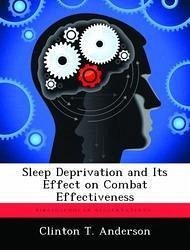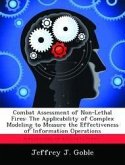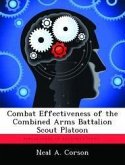This paper examines the effects of sleep loss on the combat effectiveness of the US Army's leaders and soldiers. It begins with an examination of US and Soviet doctrine for conducting continuous operations. This section discusses the doctrinal methods and procedures that both major powers employ to maintain continuous pressure on their opponent. After laying the theoretical groundwork, it then examines the changes that have occurred in tactical force design since World War II to determine what has been done to enhance or degrade our ability to execute that doctrine. After this discussion on the mechanical aspect of combat, the paper discusses the effects of sleep loss on units and the individual soldier. It concludes that the US Army currently has no doctrine for the conduct of combat over an extended period of time. Adequate doctrine has been provided for the conduct of operations in periods of both limited and unlimited visibility, but the doctrine necessary to transition to continuous operations is not available. Furthermore, recent changes in the force structure of our combat units (primarily Armor and Mechanized Infantry) have significantly reduced the redundancy and robustness in those units that is necessary to conduct continuous operations. During continuous operations our units will be affected by loss of sleep. Sleep deprivation affects the cognitive skills of our leaders greater than the physical skills of our soldiers. To fight the continuous operations that will be forced upon us by our opponent, we must prepare ourselves to combat the effects of sleep loss first.
Hinweis: Dieser Artikel kann nur an eine deutsche Lieferadresse ausgeliefert werden.
Hinweis: Dieser Artikel kann nur an eine deutsche Lieferadresse ausgeliefert werden.








